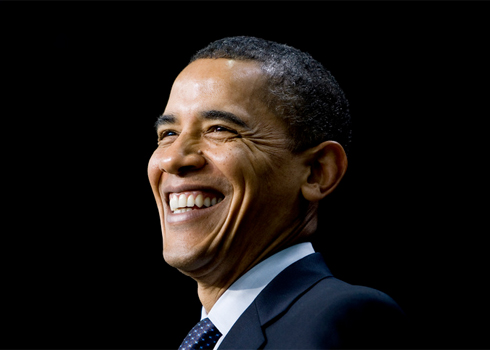A three-judge panel on the Sixth Circuit Court of Appeals hearing one of the pending challenges to the health care reform law has sent lawyers for both sides a somewhat unusual letter, suggesting the court may be focused on whether plaintiffs have standing to bring suit in the first place. The court also appears to be focused on whether, assuming plaintiffs do have standing, their claims are ripe for adjudication.
The one-page memo asks counsel to submit 10-page briefs answering a few questions. Most significantly, they question whether the plaintiffs have alleged an “injury” or “imminent injury,” given the fact that the health care law’s individual mandate will not be in effect for another two and a half years. Additionally, the judges want to know how broadly the plaintiffs are challenging Congress’ power to require people to buy health insurance under the Constitution’s Commerce Clause.
- 1. Standing/Ripeness.
a. Have the plaintiffs alleged an injury in fact? If not, have they alleged an “imminent injury” creating a case of actual controversy under Article Ill and the Declaratory Judgment Act, even though they filed their complaint more than three years before the effective date of the challenged provisions?
b. If the plaintiffs do not purchase minimum essential coverage and do not pay the penalty, what available enforcement mechanisms are available to the IRS? What role, if any, do IRS enforcement mechanisms play in the injury and hardship requirements?
2. Facial/As-applied.
Is the Commerce Clause challenge a facial challenge and, if so, must the plaintiffs prove “that no set of circumstances exists under which the Act would be valid.” United States v. Salerno, 481 U.S. 739, 745 (1987)?
These questions are particularly important because it suggests the appeals judges may be concerned with whether a federal court even has jurisdiction to hear the case at this stage.
In their opening brief, the plaintiff’s argued “As the district court below concluded, ‘the proposition that the Individual Mandate leads uninsured individuals to feel pressure to start saving money today to pay more than $8,000 for insurance, per year, starting in 2014, is entirely reasonable.'” That citation is from an earlier ruling by district court judge George Steeh, who last year ruled that Congress had the authority to mandate insurance coverage under the Commerce Clause.
The appellate panel is comprised of two Republican- and one Democratic-appointed judges. They are scheduled to hear the case, brought by the Thomas More Law Center and others, on June 1 in Cincinnati.










